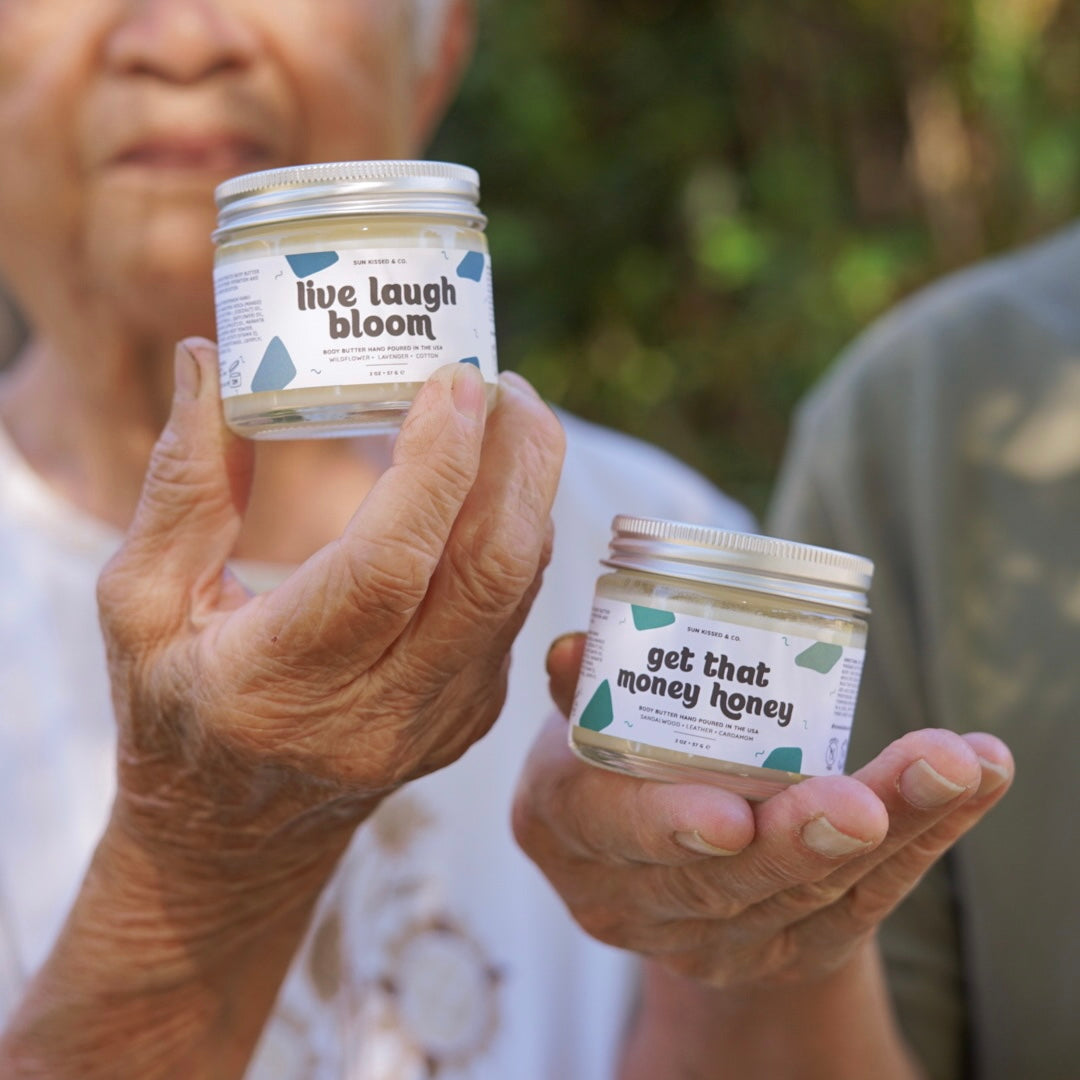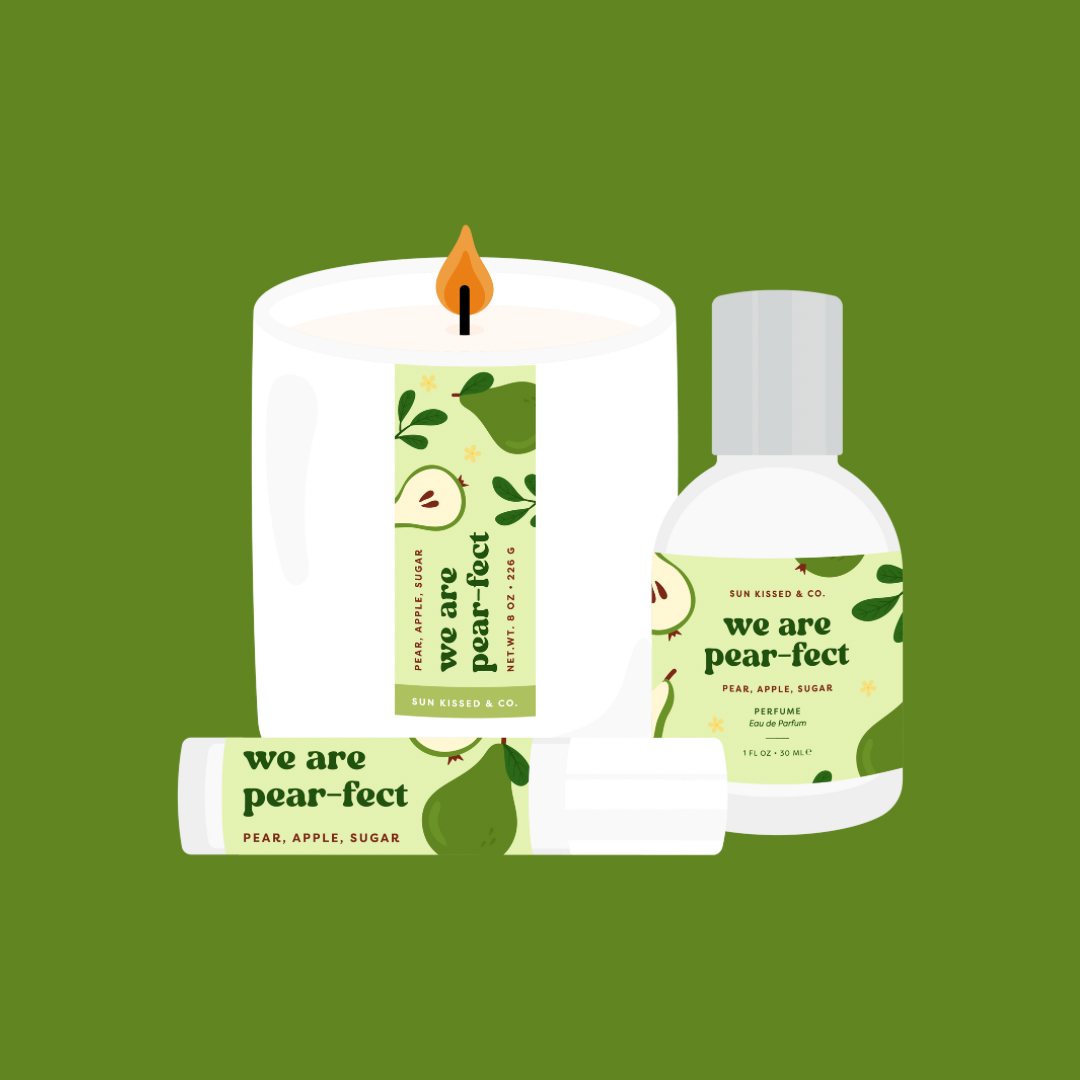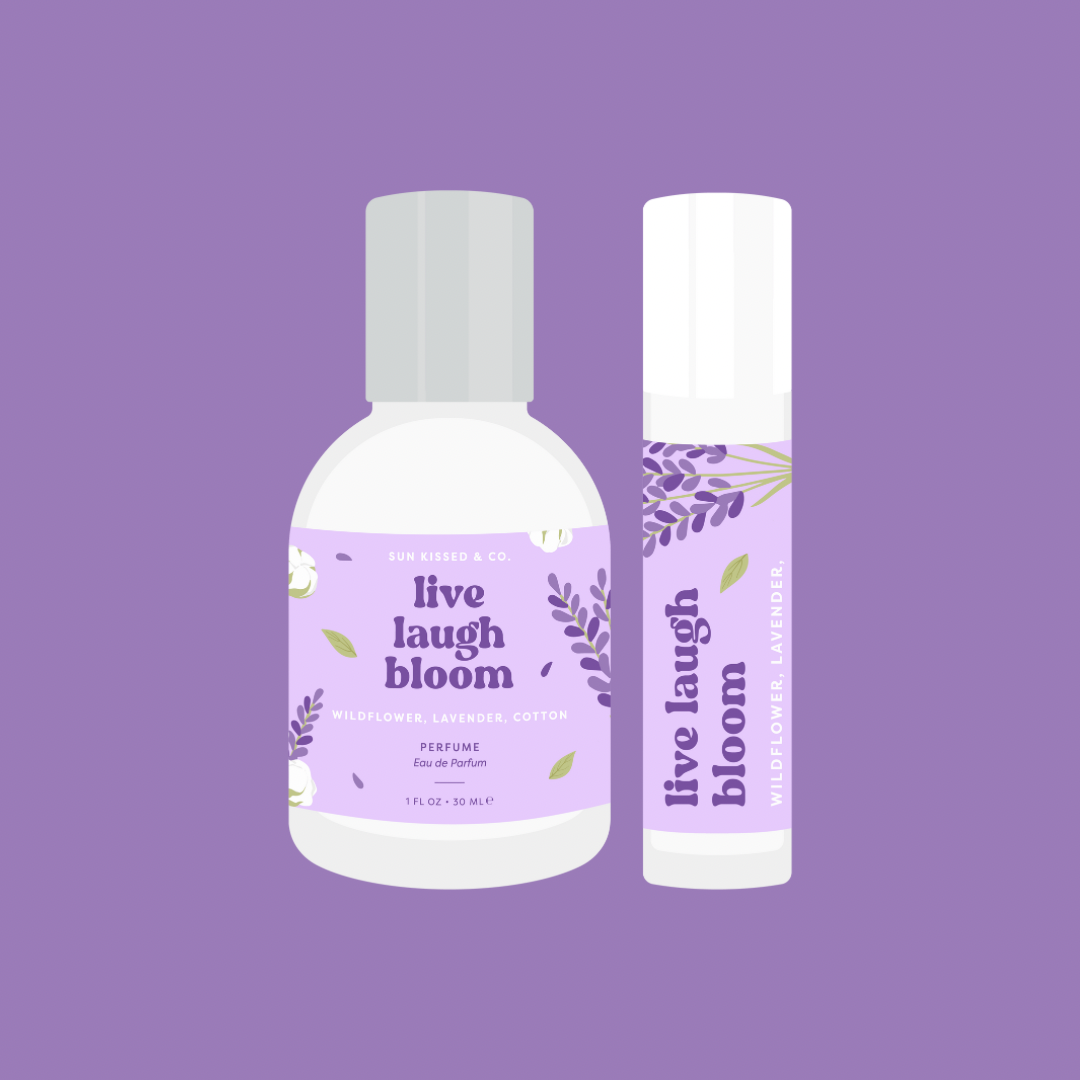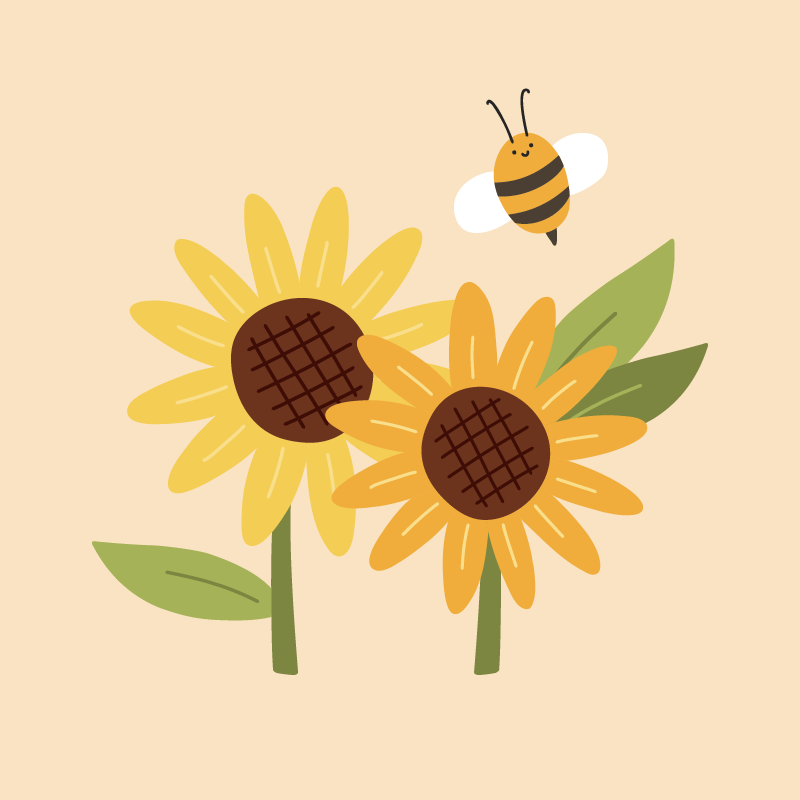

· By Kimberly Lim
What is scent memory, anyway?
Picture this: you're walking down the street, minding your own business, when a breeze carries the scent of blooming flowers your way. Suddenly, you're overcome with a rush of nostalgia as memories of springtime picnics and lazy afternoons in the park flood your mind. That, my friend, is scent memory in action.
Why is scent memory so important?
Well, aside from the fact that it can transport you to a different time and place in an instant, scent memory also plays a crucial role in our everyday lives. It helps us form strong emotional connections, enhances our ability to recall information, and even influences our behavior.
How does scent memory work?
When we smell something, the olfactory receptors in our nose send signals to the brain's limbic system, which is responsible for emotions and memory. This direct connection between our sense of smell and our brain's emotional center is what makes scent memory so powerful.
Can scent memory be improved?
Absolutely! Just like any other skill, you can train your nose to become more attuned to scents and improve your scent memory. Here are a few tips to get you started:
1. Stop and smell the roses (and everything else!)
Take the time to really experience and appreciate the scents around you. Whether it's the aroma of a freshly brewed cup of coffee or the earthy smell of a rainy day, pay attention to the details and let the scents sink in.
2. Get adventurous with your nose
Step out of your olfactory comfort zone and seek out new and interesting scents. Visit a perfume shop and try different fragrances, explore the world of essential oils, or take a cooking class to discover a whole new range of aromas.
3. Create scent associations
Pairing scents with specific memories can help strengthen your scent memory. Light a scented candle while studying for an exam, wear a particular perfume on a special occasion, or use a specific air freshener in your car during a memorable road trip.
4. Engage all your senses
Scent memory is closely linked to our other senses, so try to engage all of them when forming memories. Take note of the sights, sounds, tastes, and textures that accompany a particular scent, and you'll create a more vivid and lasting memory.
5. Have fun with it!
Remember, scent memory is all about tapping into your playful side. Don't be afraid to get a little silly and experiment with different smells. Sniff flowers, inhale deeply when you're cooking, and embrace the weird and wonderful world of scents.
So, the next time you catch a whiff of a familiar scent, take a moment to savor it. Let it transport you to another time and place, and revel in the power of scent memory. After all, life is too short to ignore the sweet (and sometimes stinky) symphony of smells that surround us.



















